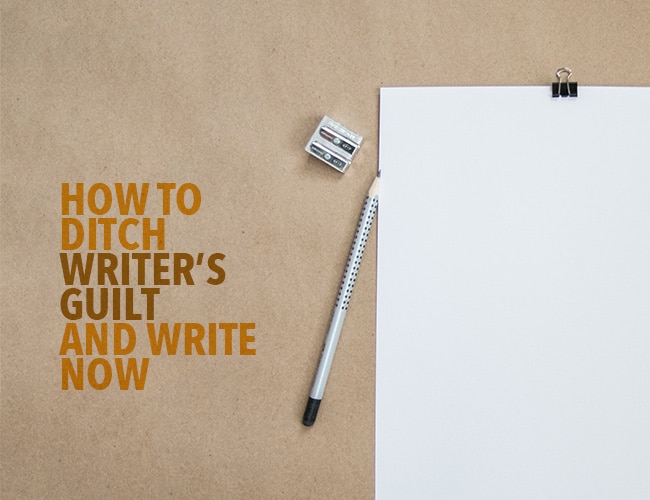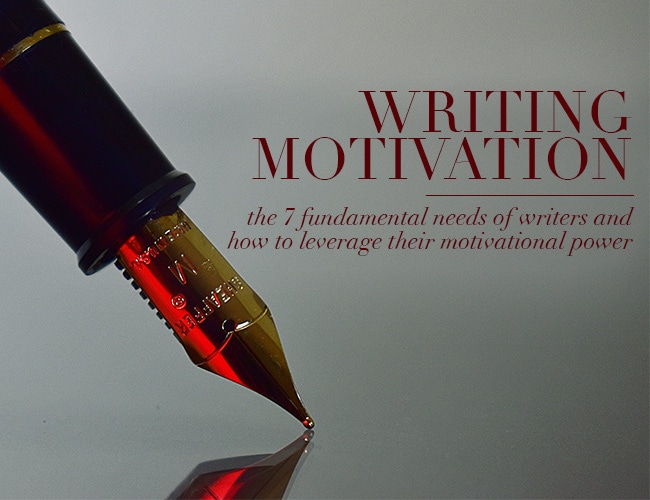
7 Day Creative Writing Challenge
How do you stay disciplined? You’re ready to commit and focus on your writing (or refocus). Where do you start?
That’s where our 7 Day Creative Writing Challenge comes in!

How do you stay disciplined? You’re ready to commit and focus on your writing (or refocus). Where do you start?
That’s where our 7 Day Creative Writing Challenge comes in!

You want to write. Your newest idea or draft has been sitting there for days, accumulating dust and regret.
You have to write.
But you also have a family. The kids need picked up, dinner needs cooking, and that living room isn’t cleaning itself. Your spouse has an event tonight (that you forgot you agreed to go to), and don’t forget the children need help with their ever-increasing load of homework.
How can you ever hope to write a book and be a parent at the same time?
Is it hopeless? Or is there a way to pull it off?

Raise your hand if you’ve ever felt guilty about something related to writing. (My hand can’t get any higher.) Whether you feel that you aren’t writing enough or feel terrible about neglecting chores while finishing your novel, writer’s guilt is real.
Here are a few ideas for abandoning writer’s guilt to get your work done.

If you write long enough, at some point you are going to experience a lag in productivity. Whether you call it “writer’s block” or “resistance” or just “a slump,” the moment will come when you struggle to put words on the page, and you just can’t find motivation to write through the struggle.
One way to overcome that lag is to lean into what motivates you. Do you know why you write?

Whether scuba diving or hiking, experts warn against going out on the water or up the mountain on your own. Why? There’s strength in numbers, and you are more likely to live to tell about your adventure with a swim buddy or hiking partner along. While writing might not carry the physical risks of these outdoor activities, writers can use the same principle to help a writing partner get their writing done.

Recently, I found myself dreading my scheduled writing time. I was bored with my book, tired of the grind, and angry that my revision was taking so long. I had lost my writing joy. Is it time to abandon a book or project once you lose your joy? Or is there a way to recalibrate and find the fun in your project and the joy of writing again?